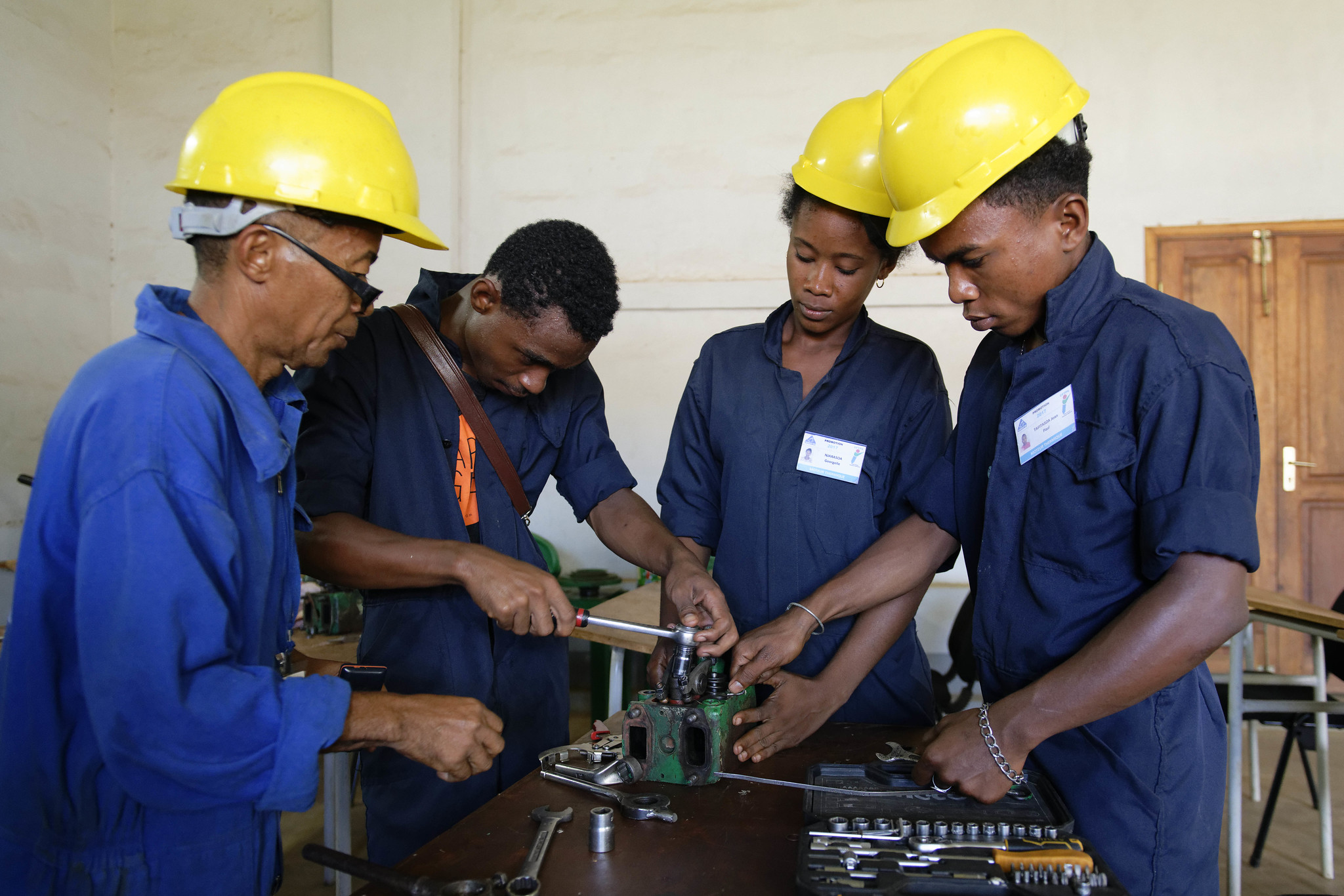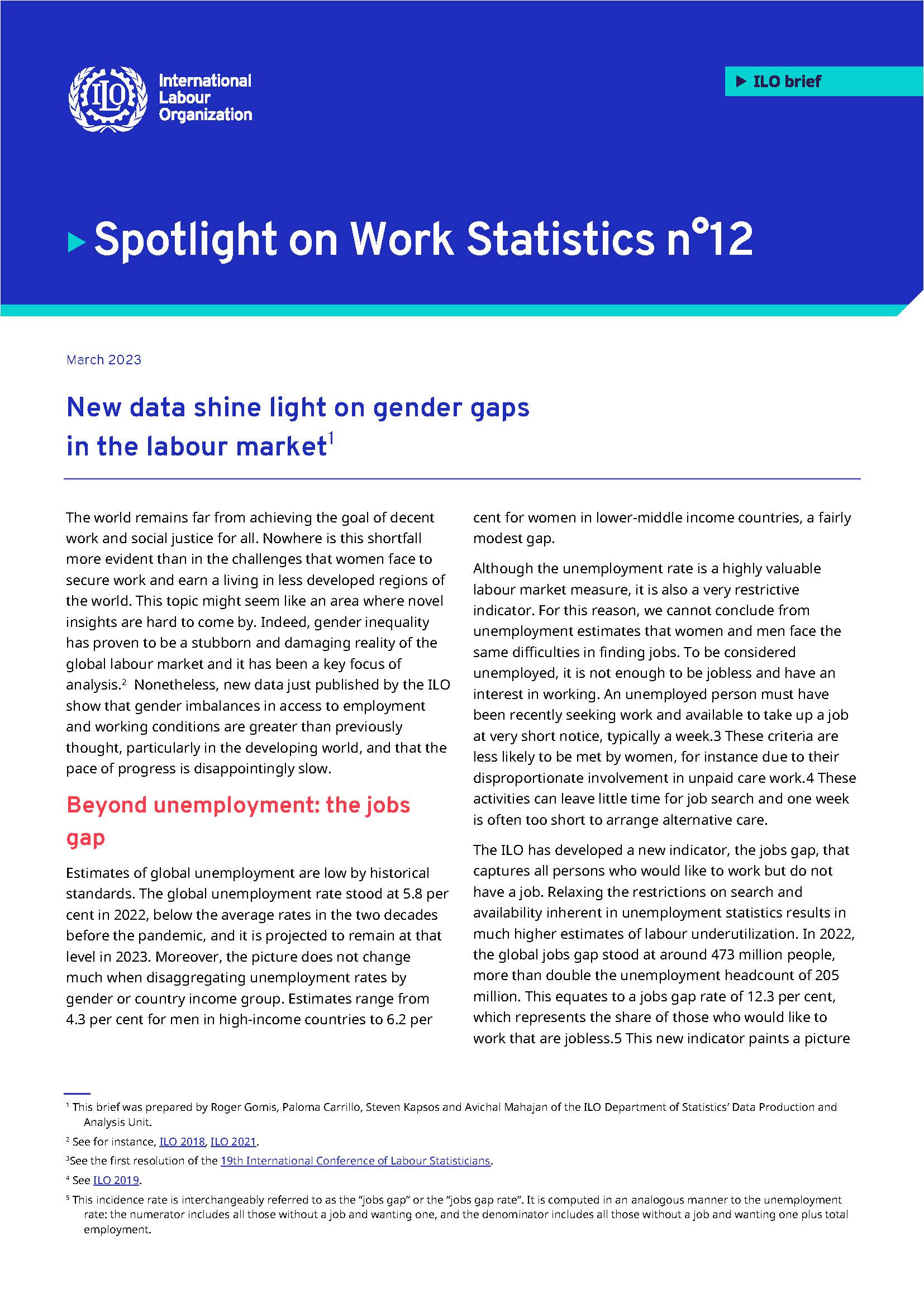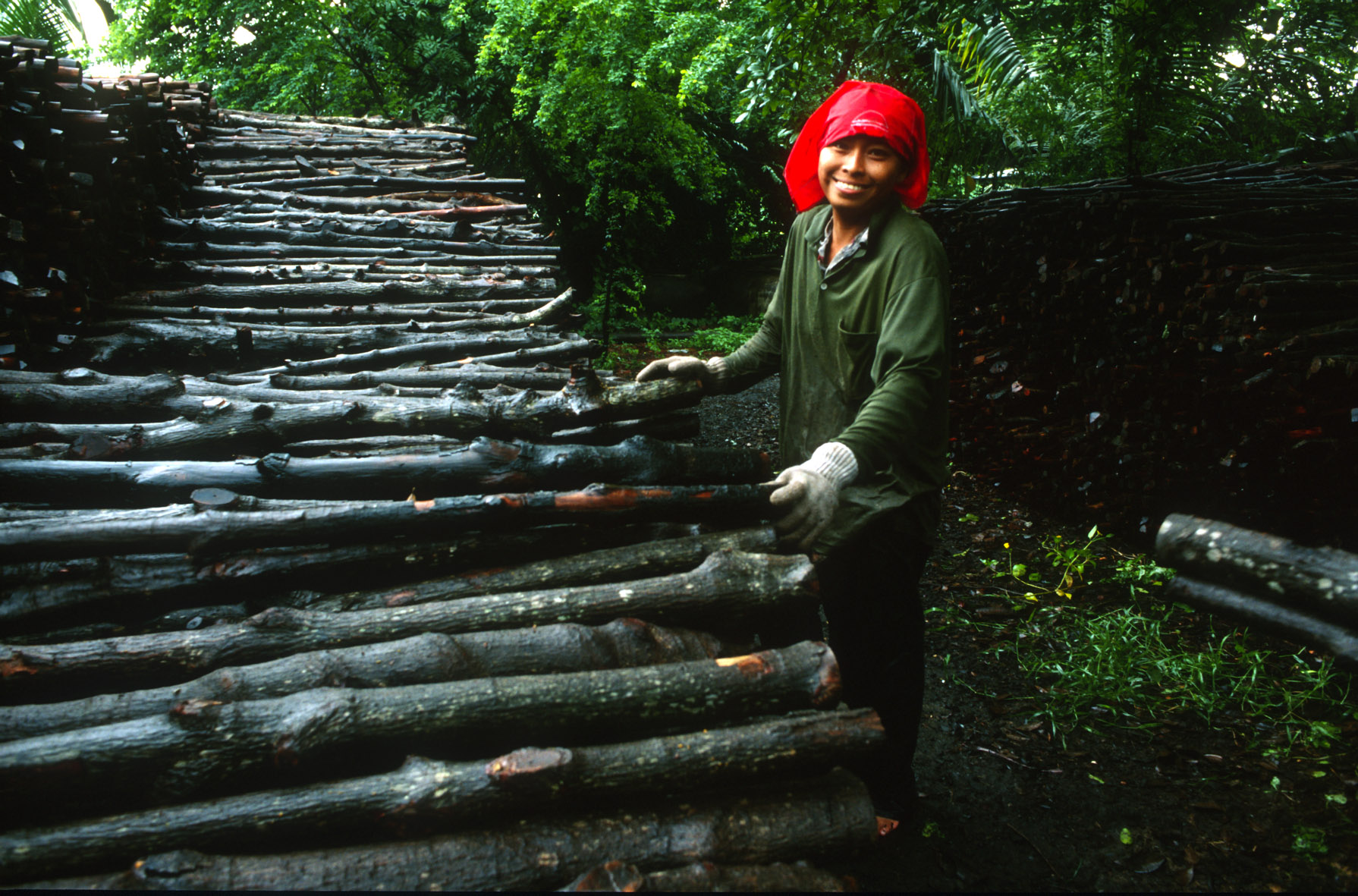Equal pay for work of equal value: where do we stand in 2023?
Despite some progress, gender wage gaps persist and are even widening in some occupations. Gender wage gaps are not primarily attributable to differences in educational attainment, and in general do not narrow but rather often increase with age.
Equal pay for work of equal value: where do we stand in 2023? Read More »
















